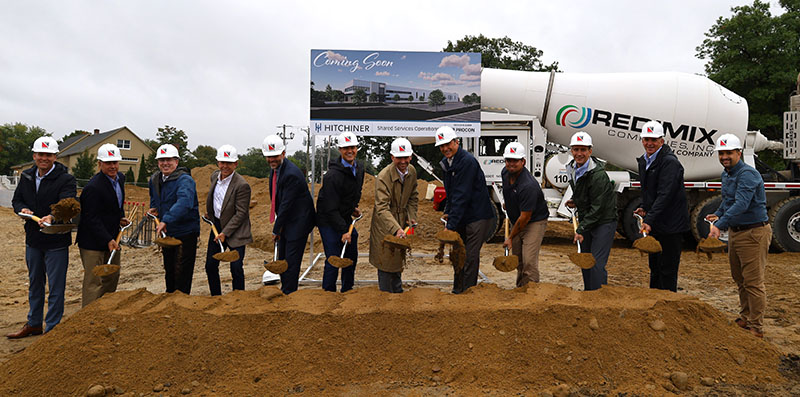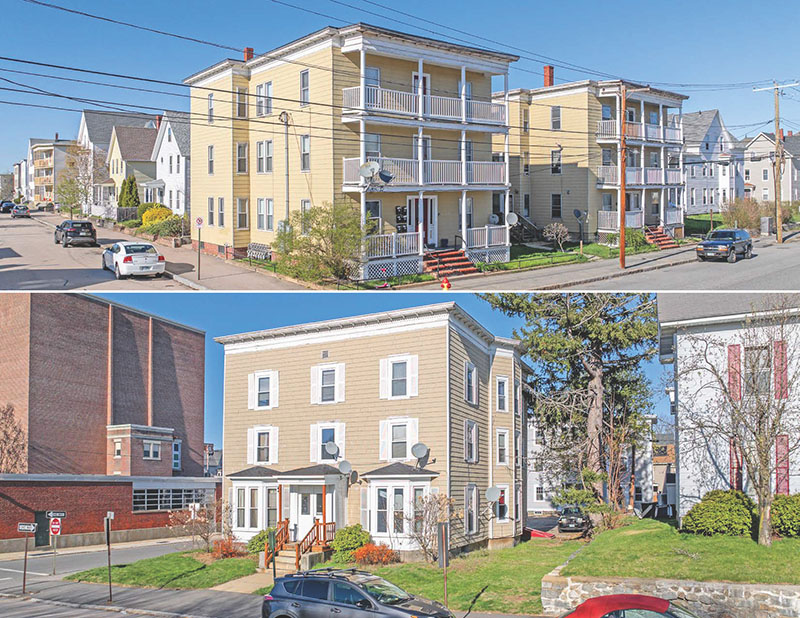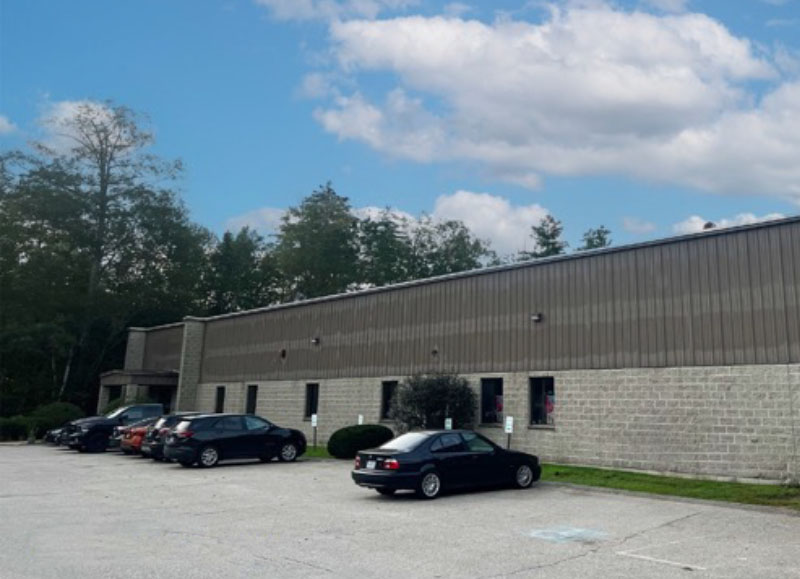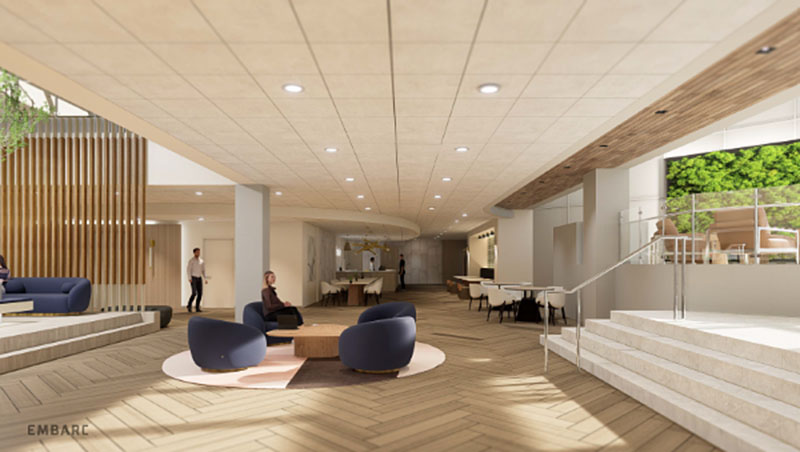May 2024 New Hampshire CIBOR president’s message - by Ethan Ash

The median home price in New Hampshire soared to over $500,000 in March 2024, marking a $135,000 increase since 2021, as reported by the Union Leader. While this may seem like good news for homeowners, it has created a barrier for many to afford living in the state, leading to a shortage of applicants for numerous job openings. According to the 2023 New Hampshire Statewide Housing Need Assessment, the state is currently short of 23,500 housing units, with a projected need for 90,000 more units by 2040 to meet demand.
As a former housing developer turned broker, I recognize several key issues contributing to this crisis. Instead of detailing all the problems, here are three actionable steps for anyone looking to make a difference without having to be a policy maker or millionaire:
1. Attend Community Planning Board Meetings: Actively participate in your community’s planning board meetings to advocate for development projects. Many regular attendees may support the idea of affordable housing but oppose it in their own neighborhoods. Expressing support and suggesting ideas to make projects beneficial for the community can help overcome resistance. Currently, excessive requirements imposed on developers by communities drive up housing prices. Simplifying these requirements can make housing more affordable.
2. Support Infrastructure Expansion: Advocate for the expansion of water and sewer infrastructure in your community. This initiative not only fosters environmental preservation by reducing the reliance of septic and leach fields, but also facilitates the creation of smaller, more manageable lots for development. Many are familiar with the phrase they are not making any more land, emphasizing the valuable resource it is. By utilizing land more efficiently, communities can accommodate more housing units without significantly impacting the environment. Implementing a minimum lot size of half an acre, as opposed to larger parcels ranging from two to five acres, exemplifies this approach. This illustrates the difference between the capacity to accommodate 20 homes on 10 acres of land versus potentially impacting an area of up to 100 acres, a figure that often exceeds this estimate due to the inclusion of wetland setbacks typically associated with New Hampshire development. While such projects require investment, they are essential for both residential and commercial development.
3. Volunteer for Community Boards: Offer your time to serve on various community boards such as planning, zoning, or select boards, as well as conservation, historic, or housing advisory committees. By volunteering a few evenings a month, you can help guide communities toward inclusive growth while preserving their values.
While change takes time, the housing crisis in New Hampshire requires urgent intervention. While state and federal programs can assist, local initiatives can yield expedited and more comprehensive solutions. It’s crucial for a majority of communities to start moving in the direction of addressing this issue. By collectively taking action, the burden of change doesn’t fall disproportionately on any single one and fosters collaboration among communities. By working together, communities can create a more affordable and inclusive housing landscape for all residents.
Ethan Ash is the 2024 president of the N.H. Commercial Investment Board of Realtors, Bedford and is a real estate agent at Coastal Land & Commercial Group, Keller Williams Coastal, Lakes & Mountains, Portsmouth, N.H.
PROCON and Hitchiner break ground on 57,000 s/f shared services operations facility








.png)